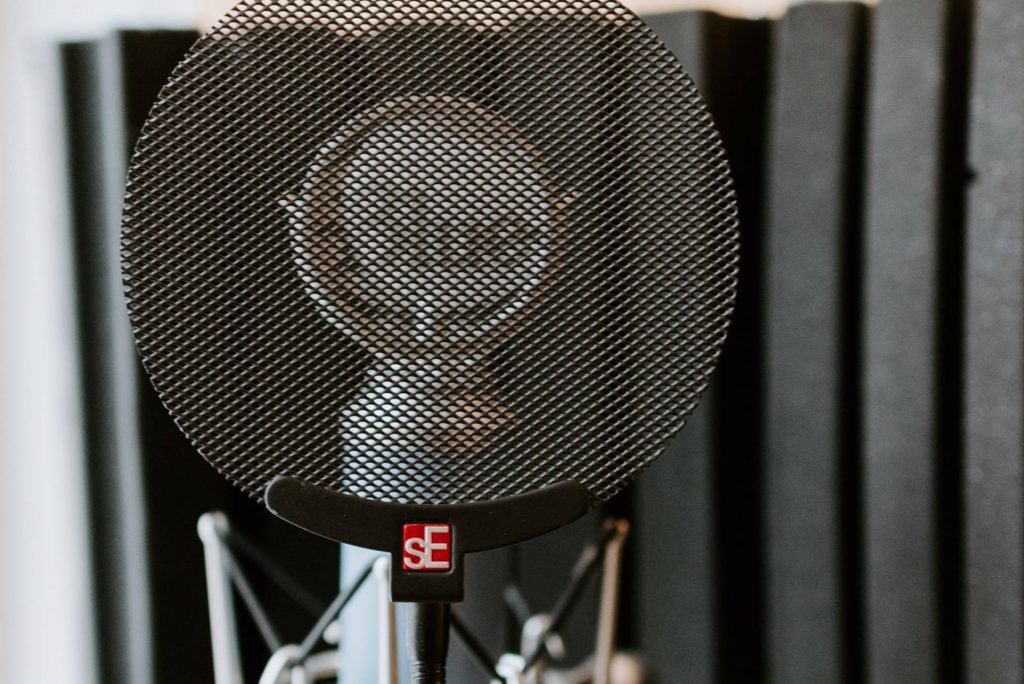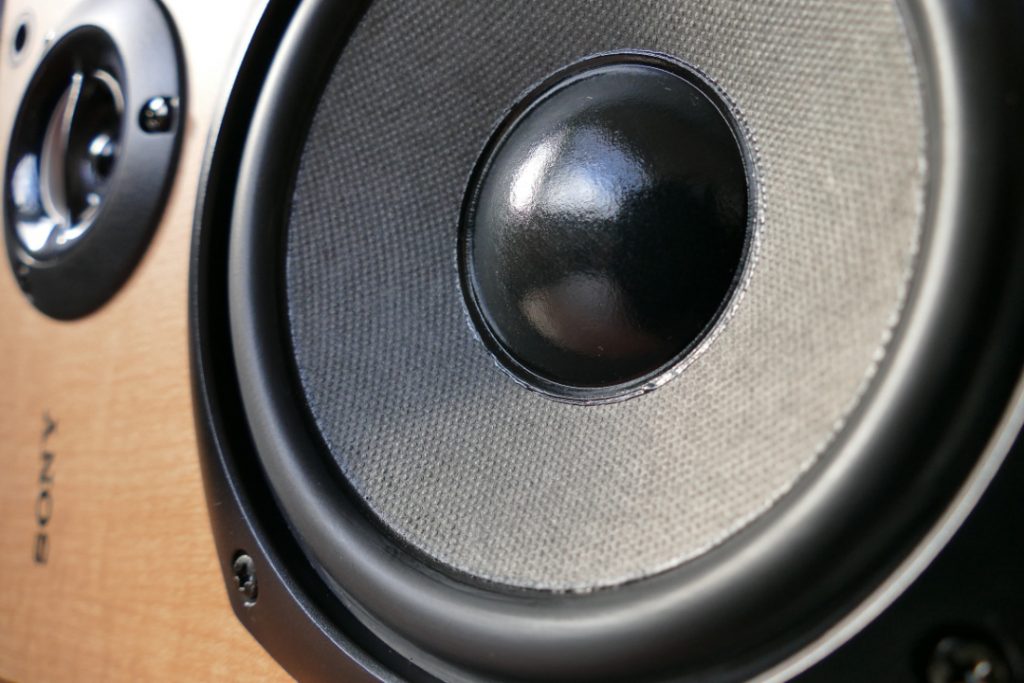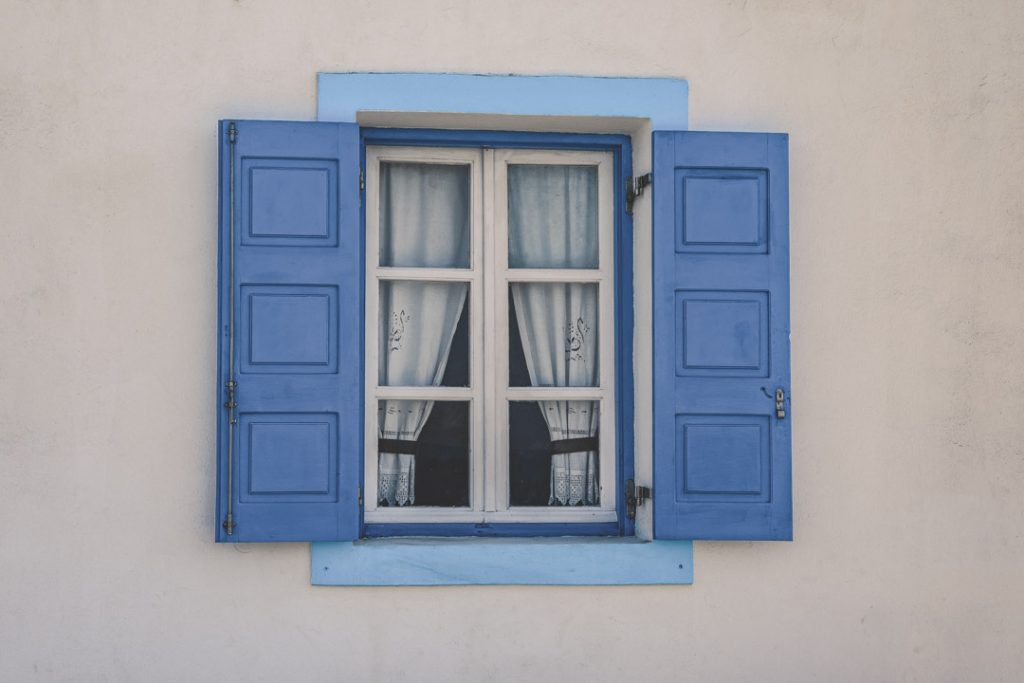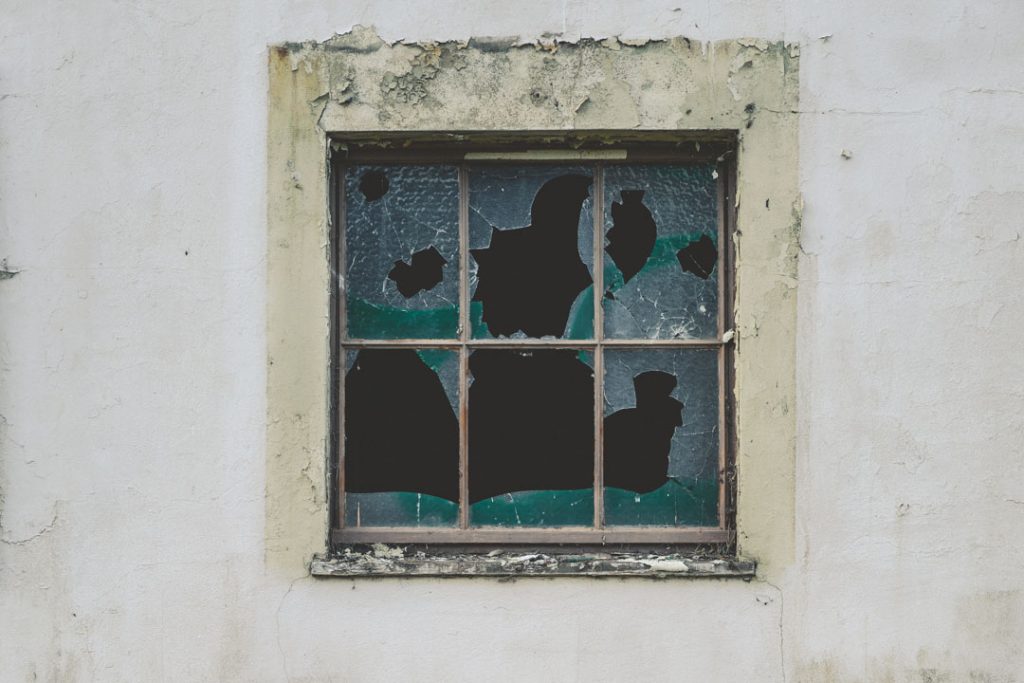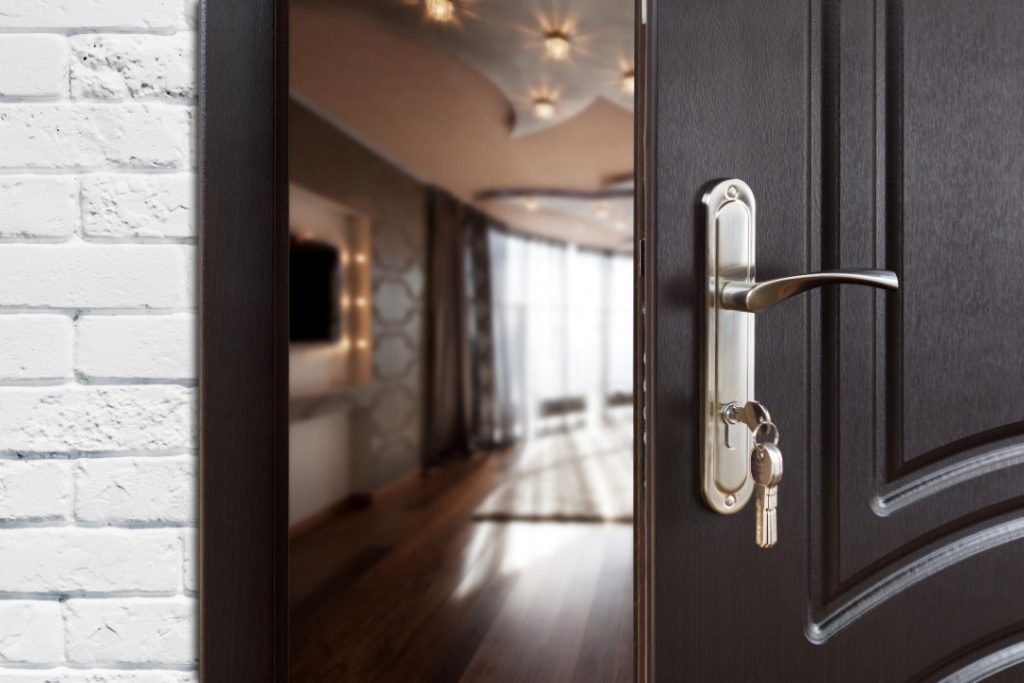Do you have a room in your house that you would like to use as a recording studio? Maybe you want to record music or create videos, or podcasts. So, you will need to soundproof the room in order to get the best sound quality possible. In this blog post, we will teach you how to soundproof a closet for recording!
How To Soundproof A Closet For Recording

Any musician will tell you that having a dedicated space for practicing and recording is essential. However, soundproofing a room can be a costly and time-consuming process.
If you’re renting an apartment or don’t have the budget for a full soundproofing makeover, there are still ways to reduce noise levels in your home recording studios.
One option is to soundproof a closet. And these are how that may be done:
1. Soundproofing Foam
This special type of foam is designed to absorb sound, and it can be very effective at reducing noise in a small space like a closet. Just make sure to attach it firmly to the closet walls so that it doesn’t fall down.
2. Hang Thick Curtains
Curtains are great at absorbing unwanted sound, so they can help to reduce the amount of noise that escapes from a closet. Thick curtains will be more effective than thin ones, so look for something that’s heavy and lined.
3. Use Blankets Or Rugs
If you don’t have any curtains, you can try hanging blankets or rugs over the closet door and along the walls. Again, the thicker the better when it comes to sound absorption.
4. Seal Any Gaps
Any gaps or cracks around the door or walls will let sound escape, so it’s important to seal them up tightly. You can use weatherstripping tape or caulk for this purpose.
5. Add Some Furniture
Putting a few pieces of furniture in the closet can help to absorb sound as well. A bookcase or dresser placed against a wall will work well, or you could try using a futon or bean bag chair.
6. Install Soundproofing Panels
If you want to go the extra mile, you can install soundproofing acoustic foam panels on the walls. This will help to block out even more noise, but it is a more permanent solution for a soundproof closet.
7. Invest In Thicker Walls
The first step to soundproofing a walk-in closet for recording is to invest in thicker walls. This will help to reduce the amount of sound that is able to travel through the closet and into the rest of the house.
8. Add Insulation
Another way to soundproof a closet for recording is to add insulation to the walls. This will help to absorb some of the sounds that are produced inside the closet, making them less likely to be heard outside.
Bass traps in the corners of the room can also help to reduce unwanted sound.
9. Use Acoustic Panels
Acoustic panels are specially designed in absorbing sound and can be placed on the walls or ceilings of a closet to help with soundproofing.
10. Line The Floor
Another way to reduce noise escaping from a recording closet is to line the floor with rugs or mats. This will help to absorb some of the soundwaves that are produced inside the room.

Benefits Of Soundproofing A Closet
Soundproofing a closet for recording can provide many benefits. By reducing the amount of noise that is able to enter the recording space, soundproofing can help to improve the overall sound quality of the recording.
Some other benefits are:
1. Soundproofing your recording closet eliminates any outside noise that could disrupt your recordings.
2. By soundproofing your closet, you can create an acoustically ‘dead’ space that is ideal for recording vocals and acoustic instruments.
3. Soundproofing your closet also reduces the risk of feedback and interference from other electronic equipment in the room.
4. Soundproofed spaces are also ideal for listening to music or audio recordings at high volumes without disturbing others nearby.
5. By soundproofing a closet, you can increase the clarity and quality of your recordings by isolating the sound source.
6. Additionally, soundproofing a closet can help to protect your delicate recording equipment from dirt, dust, and other contaminants that could damage it over time.
7. Soundproofing a space can also help to reduce echoes and reverberation, resulting in a more natural-sounding recording.
8. Isolating your recording space with soundproofing can also help to control temperature and humidity levels, which can impact the quality of your recordings.
9. Soundproofing a closet can also provide privacy for artists who may feel self-conscious about singing or playing instruments in front of others.
How To Select The Right Soundproofing Materials
If you’ve ever found yourself in a situation where you need to soundproof a closet, you know that it can be a daunting task. There are many different materials and products on the market, and it can be difficult to know which one is right for your needs.
Here are some tips to help you choose the right soundproofing material for your closet:
1. Type Of Noise
The first thing you need to consider is what type of unwanted noise you’re trying to block out. If you’re trying to reduce noise from outside sources, like traffic or construction, then you’ll need a different material than if you’re trying to block out noise from inside the home, like voices or music.
2. How Many Sound Waves
You also need to consider how many sound waves you need to block. If you’re just trying to reduce noise slightly, then you won’t need as thick or dense of a material as if you’re trying to create complete silence.
3. Space
Another important factor is how much space you have to work with. If you have a large closet, then you can use thicker materials without worrying about them taking up too much space. However, if you have a smaller closet, then you’ll need to choose thinner materials so that they don’t make the space feel cramped.
4. Climate
The fourth factor to consider is the climate. If you live in a hot and humid climate, then you’ll need to choose a material that won’t absorb moisture and cause mold or mildew to grow.
Conversely, if you live in a cold climate, then you’ll need to choose a material that won’t crack or break in freezing temperatures.
5. Access Time
You also need to think about how often you’ll need to access the closet. If you only need to soundproof it occasionally, then you can use a removable material that can be taken down when you need to get into the space.
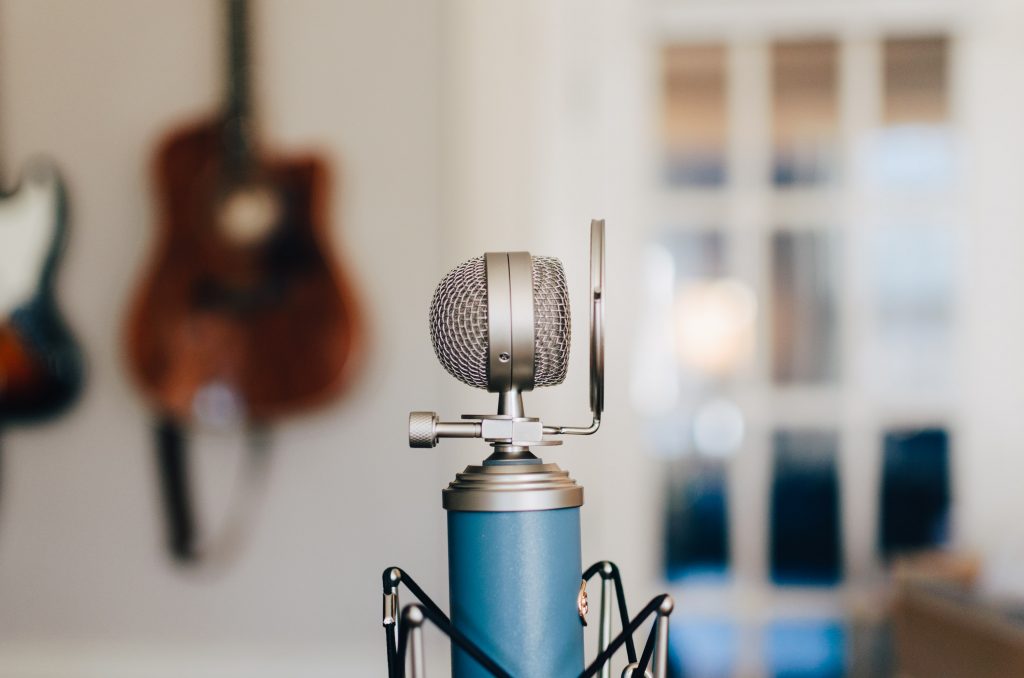
Conclusion
Soundproofing a closet can be a daunting task, but it’s important to consider what type of noise you’re trying to block out and how much sound you need to block.
Additionally, climate and access time are important factors to consider when choosing the right material for your needs. By following these ten tips, you’ll be able to select the perfect soundproofing material for your closet.

